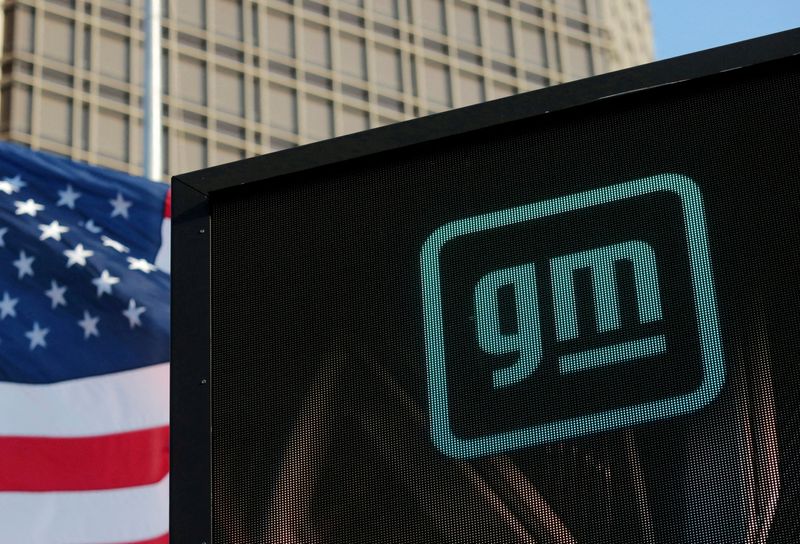By David Shepardson
WASHINGTON (Reuters) -General Motors Co and its self-driving technology unit Cruise have petitioned U.S. regulators for permission to build and deploy a self-driving vehicle without human controls like steering wheels or brake pedals, Cruise said Friday.
Cruise said in a blog post https://www.getcruise.com/news/seeking-nhtsa-review-of-the-origin it sought permission to deploy the Cruise Origin that does not need features like a steering wheel to operate safely. The National Highway Traffic Safety Administration (NHTSA) has authority to grant petitions to allow a limited number of vehicles to temporarily operate on U.S. roads that do not have required human controls.
"The submission of this petition signals that Cruise and GM are ready to build and deploy the Origin, here in America," Cruise wrote, saying it would expand mobility options for people who had traditionally faced barriers to reliable transportation, including seniors and the blind.
The Origin, which was developed with GM and Cruise investor Honda Motor, has two long seats facing each other that can comfortably fit four passengers. Production is expected to begin in late 2022 in Detroit at a GM factory with vehicles delivered in 2023, Cruise said Friday.
Cruise and GM first disclosed in October 2020 they planned to seek approval from NHTSA within months to deploy the Cruise Origin.
In 2018, GM petitioned NHTSA to allow a car built on a Chevrolet Bolt without steering wheels or brake pedals on U.S. roads. In late 2020, GM withdrew the petition.
NHTSA, which spent 15 months reviewing the first GM petition before seeking public comment, declined to comment Friday.
Legislation to speed deployment of self-driving cars on U.S. roads without human controls has stalled in Congress.
Under current law, companies can seek an exemption from motor vehicle safety standards for up to 2,500 vehicles for up to two years that do not meet existing federal rules.
In May 2021, Cruise urged U.S. President Joe Biden to back legislation raising the cap on the number of vehicles that a company can seek to have exempted. The rules were largely written decades ago and assumed human drivers would be in control of a vehicle.

In December, China's Geely Holding said its premium electric mobility brand, Zeekr, will make electric vehicles for Waymo, Alphabet (NASDAQ:GOOGL) Inc's self-driving unit, to be deployed as fully autonomous ride-hailing vehicles across the United States.
Concept images showed a roomy, low-to-the-ground minivan without a steering wheel and with seating for about five riders.